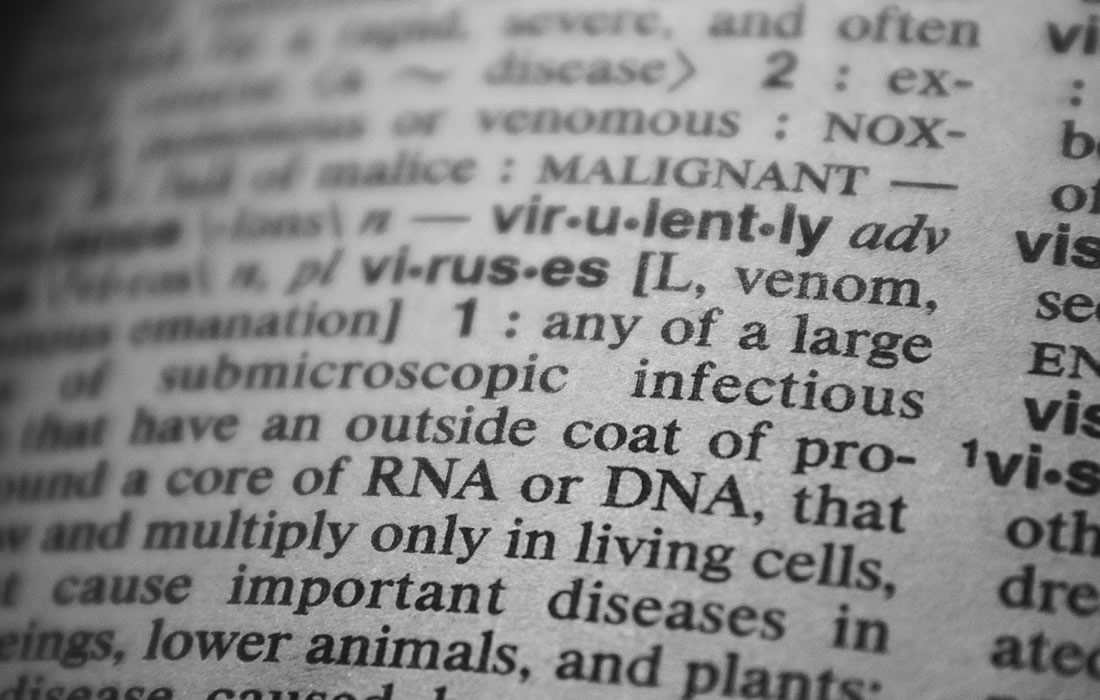Disrupted function of “cleaning cells” in the body may help to explain why some people with obesity develop type 2 diabetes, while others do not. A study from the University of Gothenburg describes this newly discovered mechanism. It is well known that obesity increases the risk of insulin resistance and type 2 diabetes. It is […]
Author Archives: Rocio Gallegos, MD
According to the CDC, the U.S. obesity and hypertension rates in adults are 41.9% and 45.4%, respectively. Obesity is a known risk factor for cardiovascular disease and a major contributor to high blood pressure, which can make a person more susceptible to heart attack, stroke and heart failure, among other risks. Researchers in this study […]
Among the most difficult types of pain to alleviate is neuropathic pain, pain that is usually caused by damage to nerves in various body tissues, including skin, muscle and joints. It can cause patients to suffer feelings like electric shocks, tingling, burning or stabbing. Many of the available pain medications are only moderately effective at […]
Polycystic ovary syndrome is a hormonal disorder that is defined by irregular menstruation and elevated levels of a hormone called androgen. “While it has been linked to metabolic diseases like obesity and diabetes that can lead to heart problems, less is known about how this condition affects brain health. Our results suggest that people with […]
Scientific understanding of how different diets impact the human immune system and microbiome is limited. The keto diet is a low-carbohydrate diet that is generally high in fat. The vegan diet eliminates animal products and tends to be high in fiber and low in fat. The study was conducted by researchers from the NIH’s National […]
Chronic obstructive pulmonary disease (COPD) is the third leading cause of death worldwide. It is marked by lung damage that is lasting and incurable, leaving lung transplantation as the only viable treatment option. Through a biological technique known as blastocyst complementation, PSCs, and embryonic stem cells (ESCs) from one species can be injected into blastocysts […]
The urgent need for an effective therapeutic regimen for ventricular arrhythmia inspired THI’s Electrophysiology Clinical Research & Innovations (EPCRI) team, led by its director, Dr. Razavi, to partner with Dr. Cosgriff-Hernandez and her UT Austin Biomedical Engineering (UT Austin BME) team to co-develop an innovative strategy that addresses the pathophysiology of re-entrant arrhythmia. Ventricular arrhythmia, […]
Researchers have created the world’s largest ancient human gene bank by analyzing the bones and teeth of almost 5,000 humans who lived across western Europe and Asia up to 34,000 years ago. By sequencing ancient human DNA and comparing it to modern-day samples, the international team of experts mapped the historical spread of genes over […]
Scientists have solved a cellular murder mystery nearly 25 years after the case went cold. Following a trail of evidence from fruit flies to mice to humans revealed that cannibalistic cells likely cause a rare human immunodeficiency. Now the discovery shows promise for enhancing an up-and-coming cancer treatment. “This paper takes us from very fundamental […]
New research shows that the recently emerged BA.2.86 omicron subvariant of the virus that causes COVID-19 can be neutralized by bivalent mRNA vaccine-induced antibodies in the blood, which explains why this variant did not cause a widespread surge as previously feared. However, the study in cell cultures showed this SARS-CoV-2 variant can infect human cells […]










